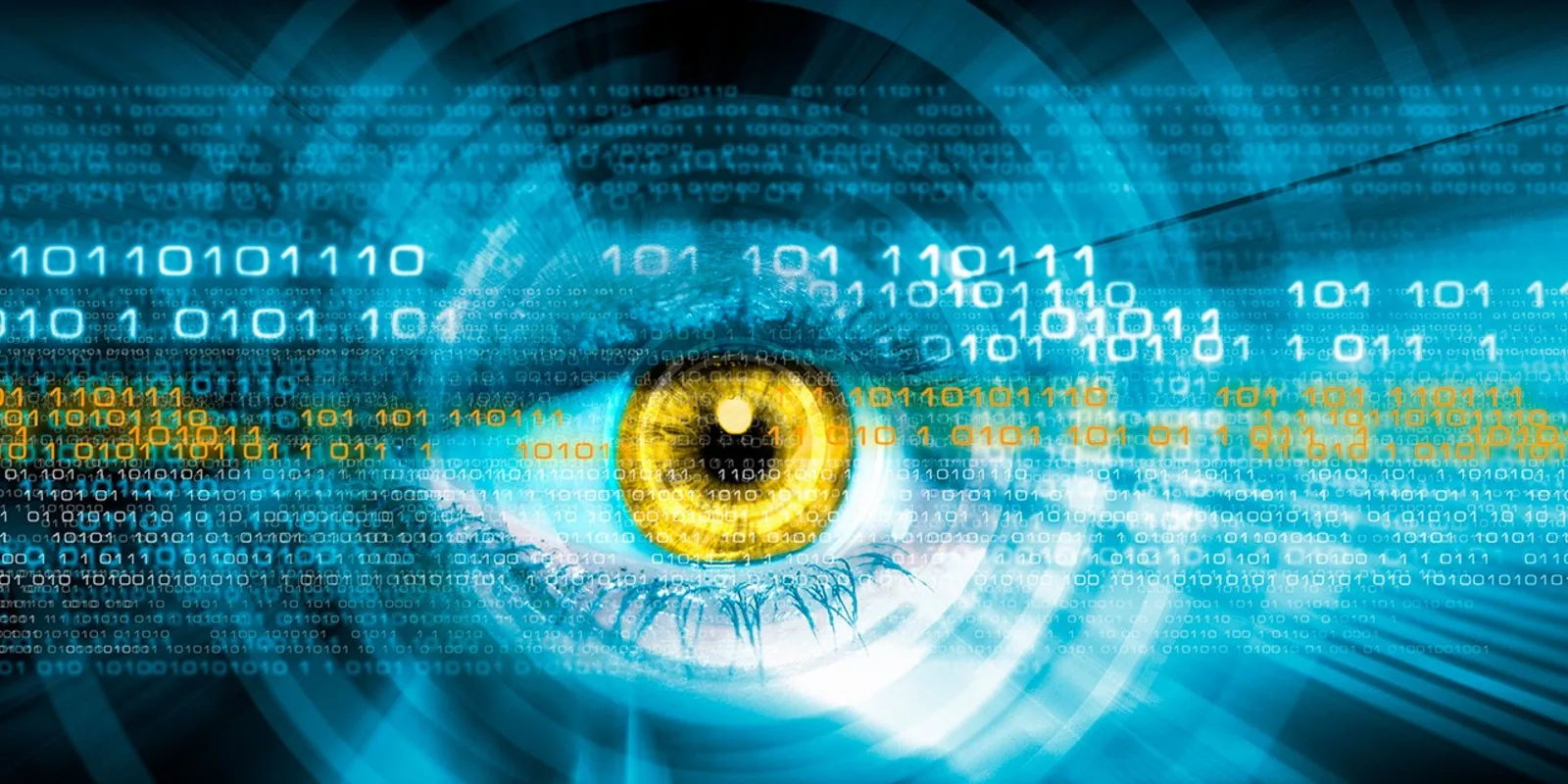
*Heavy spoilers for season 1 and 2 of Westworld follow.
I believe that it is possible to garner insights of relevance for contemporary medicine by watching science fiction and contemplating how the apocalypse might come upon us. At the end of Season 1 of Westworld, Dolores, a host (the show’s term for robot), turned her pistol on a dinner party of guests (i.e. humans) — a foreshadowing of the impending robot wars.
In Season 2 Episode 4, we learn of a secret side project in the park. James Delos, the corporate magnate, is imprisoned in a comfortable cell, complete with amenities that a man of his generation would need. These include a turntable and a record collection that includes the Rolling Stones and Roxy Music. It turns out, however, that the man we thought was Delos was actually a robot, to which a digital copy of Delos’s thoughts, memories, and personality had been uploaded. Furthermore, there is not just one Delos robot. There have been hundreds, all destroyed when they failed to display fidelity to the original.
Immortality is the dream of many überrich these days. Many focus on life extension. Others choose to be frozen upon death, in hopes that they can be revived in the future. Ray Kurzweil proposed the Singularity as the point when human consciousness would merge with artificial intelligence. Indeed, we are already witnessing the encroachment of artificial intelligence into our daily lives — from cars that park themselves to phones that talk to us.
Between Alexa and the Singularity, there is neural enhancement. College students ingest stimulants to study better. In Homo Deus, Yuval Noah Harari cites a reporter’s visit to a military training site for snipers. She describes how electromagnetic impulses from a helmet can improve one’s performance in a shooter video game. Such developments raise a number of ethical questions. At what point did medicine transform from an endeavor to cure or ameliorate disease to one in which the aim is to enhance performance?
Westworld the amusement park costs its guests $40,000 per day. Its clientele is the überrich. The immortality project is available to only a select few. Isn’t this a metaphor for the American medical system, in which the co-pay to see a concierge doctor is $40,000 and the Average Joe struggles to get his statin covered?
In the final episodes of Season 2 of Westworld, it is further revealed that the developers of the park have been collecting data on its human guests. Their interactions with the hosts have been recorded in order to study their behavior patterns, reduced to a code that looks like a player piano music scroll and bound in a book. These books are stored in a library in the Forge. Dolores, the host leading the rebellion, studies these volumes.
The underlying assertion is that that human behavior is based on algorithms. Harari suggests that we are entering the age of Dataism, one in which all human endeavors are in essence data and algorithms that manipulate that data. He blithely asserts that contemporary life sciences have solved the old philosophical conundrum of free will, i.e. that there is no such thing: “The algorithms constituting a human are not free. They are shaped by genes and environmental pressures, and take decisions either deterministically or randomly — but not freely.”
In The Human Instinct, Kenneth R. Miller reminds us that we have not come to the easy consensus that Harari claims, i.e. that sociobiology (a la E.O. Wilson and Richard Dawkins) and its successor “evolutionary psychology” are established science. Drawing upon Stephen Jay Gould and Richard Lewontin, Miller points out that the fallacy of sociobiology and evolutionary psychology are their reliance on what Gould and Lewontin call the adaptationist programme, which views every atomized trait as adaptive. Sociobiology thus views all behavior, human as well as animal, as contributing to reproductive fitness, and thereby evolutionarily adaptive.
Miller’s argues that the increase in size of the human brain, from the 400 grams of its hominid ancestors to 1300 grams now, was not through natural selection of each of its capabilities. Nonetheless, its present size allows humans to perform all of the tasks to which humans put it to use: whether that is Beethoven composing his symphonies, Darwin making sense of evolution, or Einstein making sense of the universe. That is, the human brain has a variety of capabilities that were not relevant to survival and reproduction in the Pleistocene. Miller maintains that consciousness and exerting free will is what the human brain does.
We are reminded of how Facebook and Google collect information on our behavior online, of how Cambridge Analytica used this information for political messaging, of how we have come to appreciate how Amazon suggests purchases to us. We are also reminded that our personal medical data is now being collected en masse in EHRs. It is invaluable to have access to patients’ past histories. Did my patient really want me to know, though, that he had gonorrhea when he saw a different doctor last year?
Furthermore, somebody is mining all this data at a population level. We applaud the scientist who finds that a certain combination of medications prolongs the QT interval. Long have we marveled at how national health registries of Scandinavian countries are mined for epidemiological information.
We know also, though, that insurance companies have armies of analysts combing the data that they collect on their enrollees. They know exactly who are the patients that are their cost centers, who are the ones cutting into their profits.
Given the data breaches that have occurred over recent years (by Chelsea Manning and Edward Snowden, the hacking of U.S. government employee files by the Chinese government, the Equifax breach) — isn’t it a matter of time before the data from EHRs shows ups somewhere on the dark web? When, exactly did your political opponent contract gonorrhea, and from whom? After all, as Stewart Brand said, “Information wants to be free.”
In sum, Westworld serves as a cautionary tale for us in health care. Whom do we choose to serve? Those who will reward us handsomely? Or the vast majority of humanity? What are the potential downsides to amassing troves of medical data? Let us exert our will freely. Let us make our choices.







